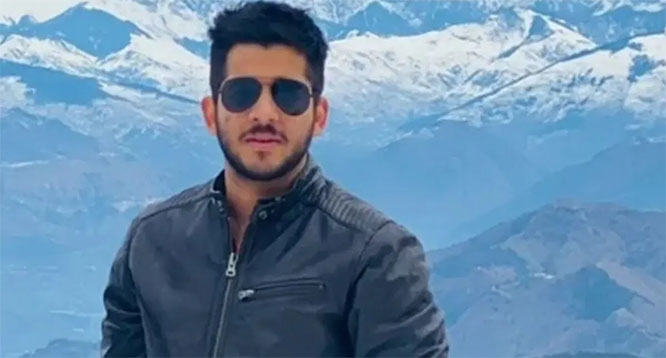Amman/Beirut, Jul 7: South Syrian rebels agreed to give up arms in a Russian-brokered cease-fire deal on Friday, rebel sources said, surrendering Daraa province to the government in another major victory for President Bashar Assad and his Russian alies.
The Syrian government recovered the crucial Nassib border crossing with Jordan, held by rebels for three years, state media reported, after a fierce assault in insurgent territory along the frontier backed by Russian air strikes.
State media made no mention of the agreement. Rebel sources said Russia would guarantee the safe return of civilians who fled the government offensive in the biggest single exodus of the war, with 320,000 people uprooted.
Seven years into the war which has killed hundreds of thousands of people, Assad now commands most of Syria with his allies’ help, though most of the north and a chunk of the east remains out of his hands. The presence of Turkish and US forces in those areas will complicate further gains.
As Assad seeks military victory, there seems little hope of a negotiated peace, with some six million Syrians abroad as refugees and 6.5 million more internally displaced.
Russia has been at the forefront of the Daraa campaign, both bombing and negotiating with rebels who were told at the start of the offensive to expect no help from the United States.
Assad’s next target in the southwest appears to be rebel-held areas of Quneitra province at the frontier with the Israeli-occupied Golan Heights, where fighting between insurgents and the government escalated on Friday.
Israel said it had targeted a Syrian army post that shelled a frontier “buffer zone” in the Golan area.
Government advances in Daraa in an offensive since mid June had brought large parts of the province back under state control and caused a massive human exodus as hundreds of thousands of people fled.
Taking back the Nassib crossing paves the way for Assad to reopen a major trade artery vital to his hopes of reviving the Syrian economy and starting to rebuild government-held areas.
Rebel sources said the deal brokered by Russia would allow civilians to return to their villages and towns with Russia guaranteeing their protection.
Russian guarantees will also be extended to rebel fighters who wish to “settle their status” with the government — a process by which former insurgents accept to live under state rule again, the sources said.
Rebels who did not wish to come back under Assad’s rule would leave for the insurgent stronghold in northwest Syria, they said.
It echoes the terms of previous opposition surrenders, but according to rebel sources, they also secured a concession that some government forces would withdraw from the area.
Russian military police would deploy instead with local forces overseen by Russia also deployed, they said.
The deal is to be rolled out across rebel-held areas of Daraa in phases, but there is no timeline as yet, said Abu Shaima, spokesman for an operations room for rebels under the Free Syrian Army banner.
Border Crossing
He said Syrian and Russian jets had pummeled towns across the southwest and villages near the border crossing.
Most of the hospitals had shut down amid the destruction in insurgent territory, which now barely had access to water or electricity, he said.
Several witnesses along the Jordan border fence with Syria said they people saw a convoy of over hundred armored vehicles and tanks with Russian and Syrian state flags, along with hundreds of troops near Nassib.
Assad’s Iran-backed allies are also fighting in the campaign, defying Israeli demands they keep out of the border area. Hezbollah is helping lead the offensive but keeping a low profile, pro-Damascus sources told Reuters.
Both Israel and Jordan, which beefed up their borders, said they would not let refugees in but distributed aid inside Syria.
The UN refugee agency has urged Jordan to open its borders as Syrians flee the battles and heavy air strikes en masse. It says fighting has uprooted more than 320,000 people, with 60,000 gathered at the Jordan border crossing and thousands more at the frontier with the Israeli-occupied Golan heights.
The Norwegian Refugee Council has called it the largest displacement of Syria’s seven-year war.








Comments
Add new comment